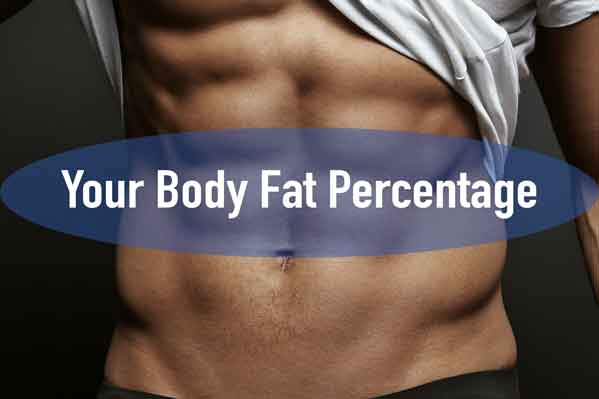How Much Protein Do I Need?
What is Protein?
Protein is a macronutrient, just like carbohydrates and fat, which means that the body needs these nutrients in relatively large amounts in order to stay healthy. Protein is essential to the human body, with its main job being to build and maintain tissue. Protein is important for structural components of the body such as skin, muscles, bones and organs. Protein is also used to make antibodies to fight disease and supply a source of energy to the body when carbohydrates and fats are running low.
High Protein Foods and Amino Acids
Protein is found in many different foods, including meat and poultry, fish, eggs, milk, cheese, beans, tofu and quinoa. However, not all protein is the same. Protein is built from building blocks called amino acids, and these fall into two categories, non-essential, which the body can make, and essential, which the body cannot make. Because the body cannot make essential amino acids, these must be obtained from food sources. Protein sourced from animals generally delivers all of the essential amino acids a human needs, whereas protein sourced from plants such as vegetables, nuts and grains tend to lack one or more of the essential amino acids. Vegetarians and vegans need to be conscious of this to ensure they consume protein from a variety of different sources each day to ensure they fulfil their requirement across all types of amino acids.
How Much Protein Do I Need A Day?
In the UK, the recommendation for adults is to eat 0.75g of protein for each kilogram they weigh daily. On average, a male requires 55g, and a female requires 45g of protein each day. However, there are times when an individual's protein requirement will need to be increased. For example, periods of growth (pregnancy, infancy and childhood), people with injuries or who have undergone surgery, and active people (because muscle is broken down during exercise). For serious athletes, diet plans with around 1.2-1.7g of protein per kilogram of body weight is recommended per day; and eating a high protein meal after exercise is particularly important for muscle recovery and growth.
How Much Protein a Day Do I Need to Lose Weight?
Individuals may increase their protein requirements if they wish to lose weight. Taking on more protein than the recommended amount is sometimes beneficial for those who are overweight; studies have shown that a high protein diet boosts metabolism, reduces appetite and alters several weight-regulating hormones. The generally recommended maximum safe amount of protein that can be eaten daily equates to 35% of total weight loss calorie needs; although it is inadvisable for vegans to consume more than 20% of calorie needs from protein because their diet will become too highly restricted and they may miss out on other important nutrients.
Creating a Meal Plan That Has The Right Amount of Protein
Our meal planner helps determine your protein intake based on your personal calorie requirements and creates a diet meal plan perfect for your weight loss, muscle growth and healthy living goals. Give it a go– it's easy!



